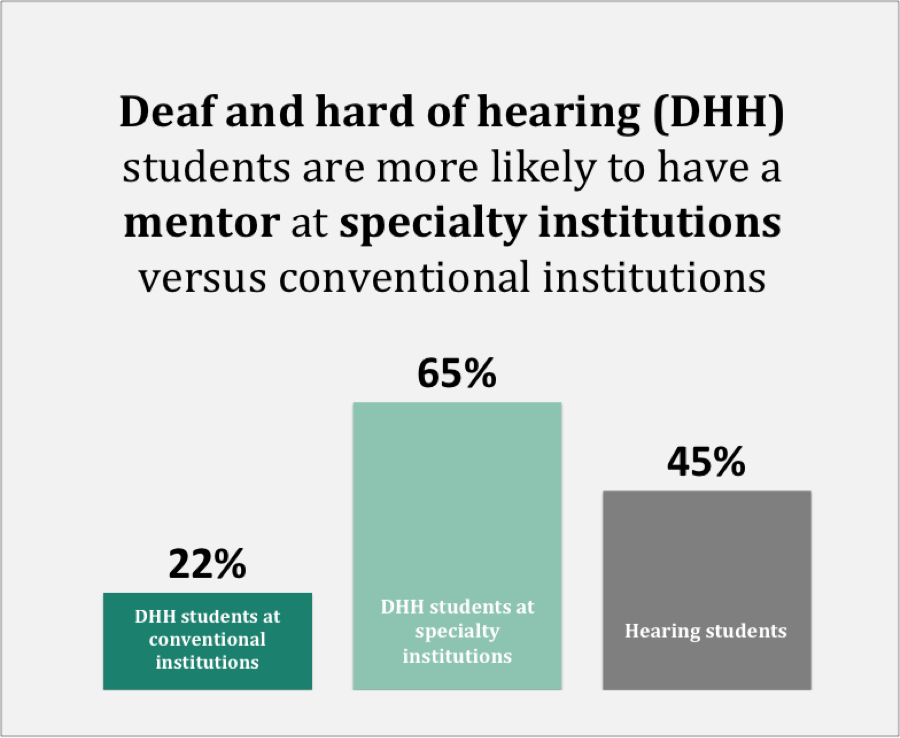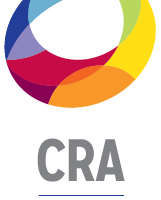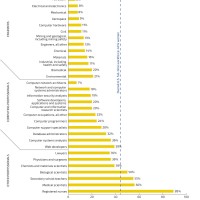Deaf and Hard of Hearing (DHH) Students are More Likely to Have a Mentor at Specialty Institutions Versus Conventional Institutions
Note: Thirty-five deaf and hard of hearing (DHH) and 20 hearing undergraduate computing majors reported who they went to most often for career advice and assistance. Seventeen DHH students were enrolled at institutions that specialize in providing support services for DHH students; 18 DHH and 20 hearing students were enrolled at conventional institutions. DHH students at specialized institutions were just as likely to have a mentor within their institution as hearing students. However, DHH students at conventional institutions were significantly less likely to have a mentor at their institution compared to (a) their DHH student counterparts who were at specialized institutions, p < .05, and (b) hearing students, p < .05. These data suggest that institutions with accessibility built into their institutional identity tend to also foster access to mentors for DHH students. Importantly, mentors provide information and guidance for successful career development.
This infographic is brought to you by the CRA’s Center for Evaluating the Research Pipeline (CERP). CERP provides social science research and comparative evaluation for the computing community. To learn more about CERP, visit our website at https://cra.org/cerp/.










